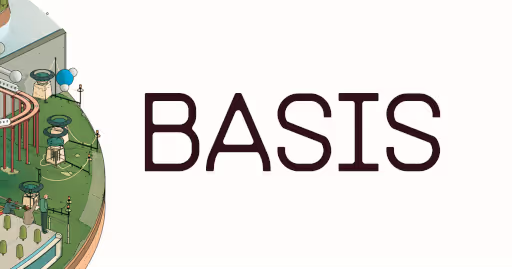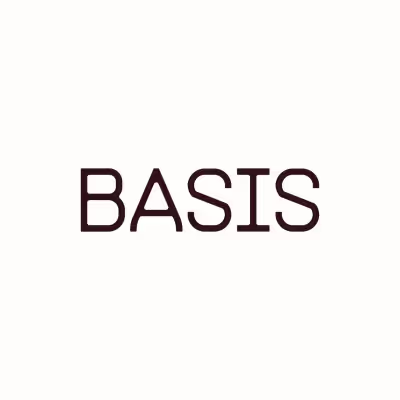
Basis Research Institute envisions a future where artificial intelligence is fundamentally understood and harnessed to solve the most complex and intractable problems facing society. Our mission drives us to uncover the core principles of reasoning, learning, decision-making, and explanation, crafting AI systems that embody these foundations with clarity and precision.
We build a new paradigm of AI research grounded in simplicity and foundational mathematics, inspired by advances in programming languages, compilers, and deep learning. Our work enables scalable, composable reasoning technologies that bridge theoretical insight with practical applications, empowering a broad range of scientific and societal endeavors.
As a nonprofit, open-source research institute, we strive to democratize advanced intelligence capabilities, fostering a global community united in expanding the frontiers of knowledge and transforming how societies innovate and make decisions.
Our Review
After diving deep into Basis Research Institute's work, we're genuinely impressed by their fresh take on AI research. Unlike the typical tech organizations chasing the next breakthrough headline, Basis is playing a longer, more thoughtful game that caught our attention.
A Different Kind of AI Lab
What stands out immediately is their commitment to simplicity over complexity. While many AI labs are racing to build bigger models, Basis is focused on understanding the fundamental mathematical principles behind intelligence. It's like they're trying to decode the DNA of reasoning itself, rather than just creating more powerful but opaque systems.
Their nonprofit status as a 501(c)(3) isn't just a tax designation - it's a statement about their priorities. They're building open-source tools and platforms that anyone can use, which is refreshingly different from the closed-source approach of many commercial AI labs.
The Tools That Caught Our Eye
Among their projects, R-ADA (their Rational Automated Design Agent) particularly impressed us. It's an ambitious attempt to combine human intuition with computational power for scientific discovery. Think of it as a bridge between how humans and machines approach problem-solving.
Their ChiRho language for causal reasoning is another standout. It's part of their bigger vision to create what they call a "digital lingua franca" for AI - essentially a common language that could help different AI approaches work together seamlessly.
Where They Could Make a Real Difference
We believe Basis's approach could be transformative for fields requiring deep reasoning and complex problem-solving. Their focus on making their work accessible and open-source means their innovations could benefit everyone from academic researchers to industry practitioners.
With revenues between $513k and $2 million, they're operating lean but focused. For a research institute aiming to tackle fundamental AI challenges, they're demonstrating that you don't need massive resources to pursue ambitious goals - you just need the right approach.
Feature
Understand and build intelligence through fundamental mathematical principles
Rational Automated Design Agent (R-ADA) for scientific discovery and abstract reasoning
ChiRho experimental language for causal reasoning
AutumnBench platform for benchmarking world model learning
Open-source AI research platform integrating causal, probabilistic, and reasoning methods








